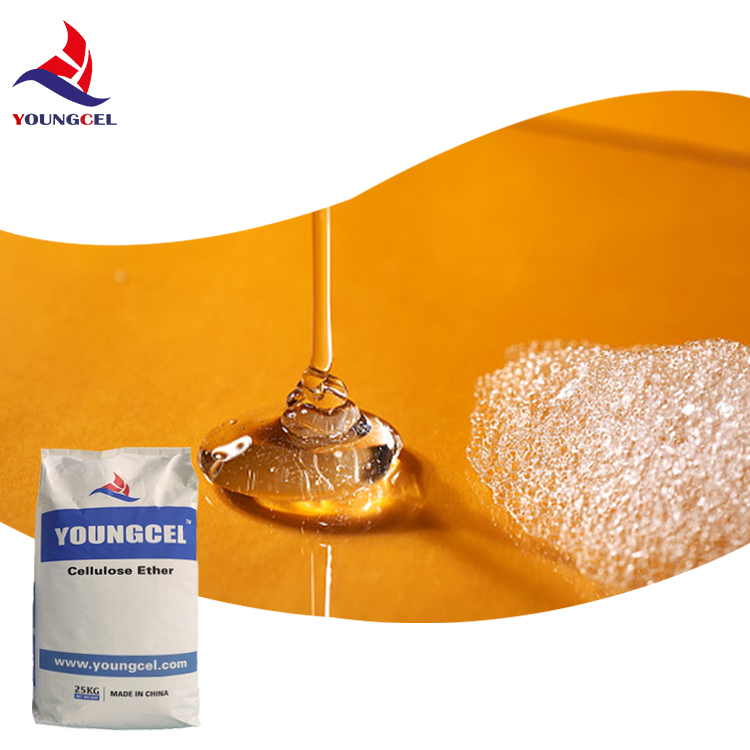The Role of Thickeners in Liquid Soap Production
In the world of personal care and cleaning products, liquid soaps have become a staple in households and industries alike. However, achieving the desired consistency and viscosity in liquid soap is pivotal for product performance and consumer satisfaction. This is where thickeners come into play. Thickeners are substances that increase the viscosity of a liquid without substantially altering its other properties. In this article, we will explore the importance of thickeners in liquid soap production, their types, and their impact on the final product.
Understanding Thickeners
Thickeners can be natural or synthetic and serve various functions in liquid soap formulations. They not only provide the desired thickness but also contribute to the product's stability, appearance, and usability. They help maintain the suspension of ingredients, prevent separation, and enhance the product's overall tactile experience. This is particularly important in liquid soaps, where consumers expect a certain texture, whether it's gel-like or more fluid.
Types of Thickeners
1. Natural Thickeners These are derived from plants and are increasingly popular due to the clean-label trend in consumer products. Common natural thickeners include - Xanthan Gum A polysaccharide produced by fermentation, xanthan gum is widely used in liquid soaps for its excellent thickening abilities. It is effective in small concentrations and enhances the stability of emulsions. - Guar Gum Extracted from guar beans, this thickener is known for its ability to form a gel-like consistency. It is biodegradable and provides a smooth feel, making it a favorite in cosmetic formulations. - Carrageenan Sourced from red seaweed, carrageenan is often used to stabilize and thicken liquid products. It offers viscosity while also improving the product’s mouthfeel, although this application is more common in food products.
thickeners liquid soap

2. Synthetic Thickeners These are chemically manufactured substances that offer superior thickening properties and are often more cost-effective. Some popular synthetic thickeners include - Sodium Chloride (Salt) While traditionally seen as a seasoning, it can act as a thickener when added to liquid soap formulations. However, its use must be carefully monitored as it can also lead to thinning at higher concentrations. - Polyacrylic Acid Commonly used in various personal care products, this synthetic polymer provides high viscosity and stability, making it ideal for liquid soap applications.
Impact on Liquid Soap Formulation
The choice of thickener can significantly impact the overall performance of liquid soap. A well-thickened soap can enhance user experience by making it easier to dispense and apply. Furthermore, thicker formulations tend to reduce the risk of spillage and waste, ultimately leading to better customer satisfaction.
Additionally, thickeners can also influence the shelf-life of products. Stability is paramount in ensuring that the soap retains its efficacy and does not separate over time. Thickeners such as xanthan gum and polyacrylic acid can enhance stability, thus prolonging the product’s shelf life and reducing the need for preservatives.
Conclusion
In summary, thickeners play a critical role in the formulation of liquid soaps. They not only contribute to the desired viscosity and texture but also help in stabilizing the product, enhancing the overall user experience. As consumer preferences shift towards natural and eco-friendly products, the choice of thickener will continue to evolve, reflecting changing demands in the market. Whether opting for natural options like guar gum or synthetic ones like polyacrylic acid, the selection of the right thickener can make all the difference in creating a successful liquid soap product.
-
Rdp Powder: Key Considerations for Wholesalers in the Building Materials IndustryNewsJul.08,2025
-
Key Considerations for Wholesalers: Navigating the World of Hpmc - Based ProductsNewsJul.08,2025
-
Hpmc Detergent: Key Considerations for WholesalersNewsJul.08,2025
-
Key Considerations for Wholesalers: China Hpmc For Tile Adhesive, Coating Additives, Concrete Additives, and MoreNewsJul.08,2025
-
Crucial Considerations for Wholesalers: Navigating the World of Construction MaterialsNewsJul.08,2025
-
Key Considerations for Wholesalers Sourcing Additive For Cement, Additive For Concrete, Additive For Putty from Additive Manufacturer Shijiazhuang Gaocheng District Yongfeng Cellulose Co., Ltd.NewsJul.08,2025




